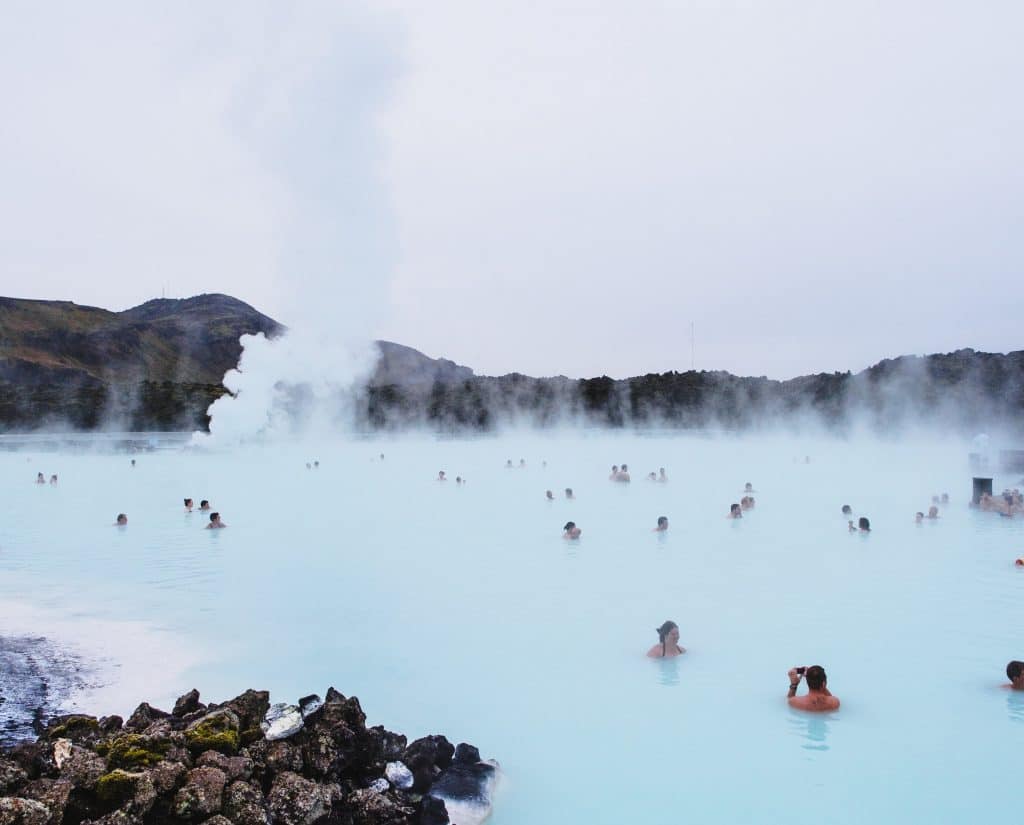
There’ll be a number of safety measures put in place for travelers.
Popular tourist destinations around the globe are beginning to put down plans to welcome visitors again. And in a bid to restart tourism as soon as possible, Iceland is opening its borders to tourists from June 15. This comes with a necessary condition, though.

Helping travelers avoid a 14-day quarantine when touching down on Icelandic soil, visitors will be able to take a same-day coronavirus test upon landing at Keflavík Airport, which will be run in collaboration with the National University Hospital of Iceland.
Passengers who test negative will be able to enter the country as soon as their results show, and of course, those who test positive will be required to enter a 14-day quarantine period in Iceland to ensure the virus leaves their system. Results will be available on the same day.
The cost of the tests will be initially covered by the government. However, from July 1, travelers will be asked to pay 15,000ÍSK (around $113) for the test. A similar scheme is currently being tested in Vienna, where passengers are now being charged to take tests using molecular-biological COVID-19 testing, which provides results in just three hours. And while it seems like a large fee on top of your travel costs, the tests could be highly beneficial in avoiding spending extra money on a hotel room to isolate in, in addition to the trip itself.

On top of the new testing scheme, those who wish to visit Iceland will also be required to download the new tracing and tracking app – which has been designed to trace the transmission of the virus across the country.
Speaking to Reykjavik Grapevine, chair of the Icelandic Travel Industry Association, Bjarnheiður Hallsdóttir, said: “I believe that if everything goes well, we should see some tourists here this summer. For those who want to come, this will be a very real possibility.”
Iceland has seen huge success in containing the virus, with only three confirmed cases during May and a total of 1,801 cases and 10 deaths throughout the pandemic.

